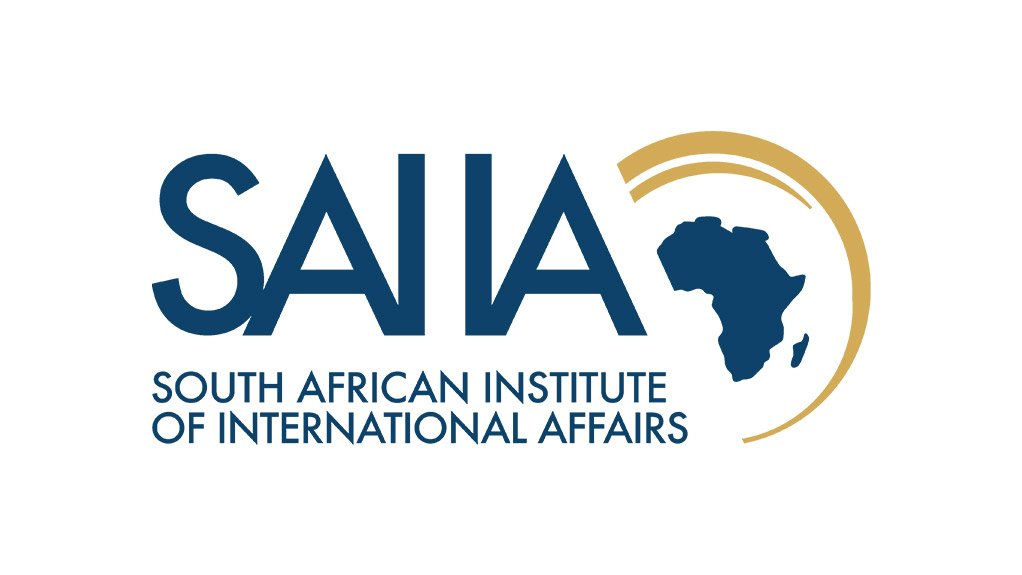Today marks 50 years since the Nuclear Non-Proliferation Treaty (NPT) entered into force. Resting on three pillars – nuclear disarmament, nuclear non-proliferation and the peaceful use of nuclear technology – it was intended to provide stability and security in an uncertain world.
Despite the lofty ideals and commitments of the 191 state signatories to the NPT, it remains contentious, especially in the run-up to the NPT Review Conference, which takes place this year in New York from 27 April to 22 May.
SAIIA’s newly established Atoms for Africa’s Development Project explores how African countries can benefit more from the peaceful application of nuclear technology to support the region’s development aspirations. This is a topic that should receive more attention from delegations at the upcoming NPT Review Conference.
The polemical nature of the treaty and its implementation rest on several aspects. Essentially a grand bargain between the nuclear weapons states (NWS) and the non-nuclear weapons states (NNWS), the NPT is accused of nuclear apartheid because of the significant rights the former enjoys over the ‘have nots’. NWS are those states that had tested and deployed nuclear weapons and devices by 1968 and include China, France, Russia, the UK, and the US. While they may develop ongoing nuclear technology and weapons, they are obliged by the NPT to ensure that these military devices and technology are not transferred to other states.
The view that nuclear weapons and related nuclear technology are a sign of state power, prestige and security has inspired some to actively aspire to this status. Israel (an undeclared nuclear weapon state), India, North Korea and Pakistan are all examples. India conducted its first successful nuclear bomb test, the so-called Smiling Buddha test on 18 May 1974, while Pakistan detonated six nuclear devices in May 1998. Since 2006, North Korea has actively conducted nuclear tests with increasing ambition and aggression. More recently, Iran has shown ambition to develop military grade nuclear enrichment capacity, but this ambition is hemmed in by stiff international opposition and sanctions.
Cold War over, but stockpiles remain high
The nuclear arms race reached its pinnacle during the Cold War. Since the collapse of the Soviet Union, nuclear stockpiles globally have declined, but still remain very high, while modernisation of arsenals continues. The latest figures released by the authoritative Stockholm International Peace Research Institute (SIPRI) estimate that 13 865 nuclear and related warheads are still kept in the arsenals of nine states.
According to SIPRI, at least 3 750 nuclear weapons are deployed with operational forces, whereas almost 2 000 are kept in a state of ‘high operational alert’. Despite joint Russian-American efforts over many years to reduce their nuclear stockpiles, US President Donald Trump announced early in his tenure that his government would develop its nuclear arsenal despite these commitments.
The success of the NPT has thus been limited. Nuclear disarmament has not been achieved, despite a reduction in stockpiles. Moreover, new nuclear powers have emerged. While India and Pakistan remain at odds with each other due to historic and ongoing rivalries, North Korea is increasingly flexing its nuclear muscle in Asia.
Illicit nuclear proliferation also continues. In 2020 the International Atomic Energy Agency’s Incidence and Trafficking Database (ITDB), based on voluntary information supplied by 139 states, reported that 189 ‘incidents’ were reported in 2019. These included ‘unauthorised activities and events’ involving nuclear and radioactive materials, as well as ‘trafficking and malicious use’ of these materials.
Where does Africa fit in?
At least 34 African states contribute information to the ITDB as the continent is a major global supplier of uranium. Beside the use of uranium in nuclear weapons, this resource is also used for peaceful purposes, such as electricity generation and nuclear medicine applications. Global uranium demand is rising as more states develop nuclear energy generation projects. The number of nuclear power plants globally is 449, with the most of these situated in the US (96), France (58), China (48), Japan (37) and Russia (36). Currently, 52 nuclear power plants are under construction, mostly in China.
In Africa, South Africa remains the only country with a nuclear research reactor and the continent’s only nuclear power plant. As the country grapples with increased energy insecurity, the expansion of nuclear energy production is on the agenda. South Africa’s future nuclear expansion plans nonetheless remain unclear due to political and financial considerations. Elsewhere on the continent, Ghana, Kenya, Nigeria, Morocco and Egypt, have active nuclear research and development programmes under way focusing on the peaceful use of nuclear energy.
African states will participate in the forthcoming review conference of the NPT, with nuclear disarmament high on the African agenda. In fact, the continent expressed these sentiments as early as 1964 when the OAU adopted the Cairo Declaration, which resulted in 2009 in the entry into force of the Pelindaba Treaty, the African Nuclear-Weapon-Free Zone Treaty.
African states remain concerned about the discriminatory nature of the NPT. Nuclear weapon states repeatedly call for nuclear non-proliferation but are slow to commit to total nuclear disarmament. Article IV of the NPT is an important reference point for African countries as it refers to all states’ ‘inalienable right’ to develop nuclear energy for peaceful use. The peaceful application of nuclear technology for development purposes – especially with reference to developing regions like Africa which explicitly support a nuclear weapons-free world through the Pelindaba Treaty – should be an important point on the international disarmament agenda. Broadening the debate and fairness in treating the ‘haves’ and the ‘have nots’ are crucial for the NPT going forward to ultimately achieve its aims.
Research by Jo-Ansie van Wyk, Yarik Turianskyi, SAIIA
EMAIL THIS ARTICLE SAVE THIS ARTICLE ARTICLE ENQUIRY
To subscribe email subscriptions@creamermedia.co.za or click here
To advertise email advertising@creamermedia.co.za or click here











